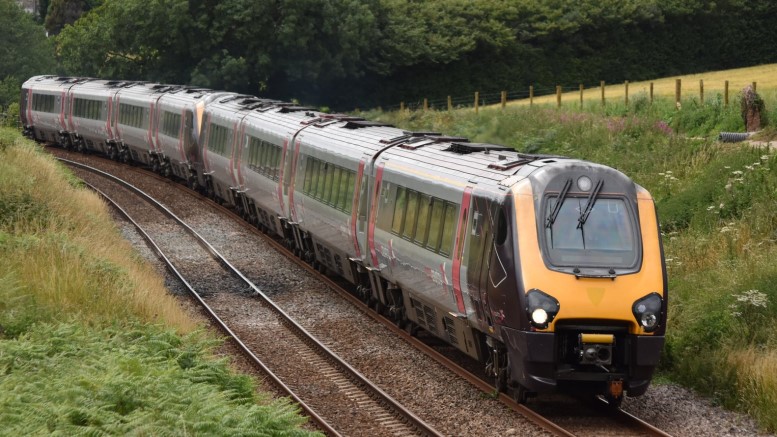
CrossCountry Trains has signed a new agreement with government to continue to operate the franchise until October 2023.
This new contract between the Department for Transport and Arriva CrossCountry, which has run the franchise since 2007, complements the Emergency Recovery Measures Agreements (ERMAs) announced in September, in place for up to 18 months, under which the government pays train companies a small management fee to keep services running through the pandemic.
The contract will see the government take on the revenue and cost risk associated with the franchise and pay Arriva a performance-linked fee to run the service. This will incentivise the company to deliver improvements to operational performance, passenger experience and service quality.
Stretching from Aberdeen to Penzance and from Stansted Airport to Cardiff, CrossCountry’s network is the most geographically extensive passenger rail franchise in Britain. Calling at over 100 stations, it connects seven of Britain’s ten largest cities.
As people return to the railway, passengers will benefit from increased capacity, as well as more train drivers and on-board staff, to improve services and performance. This comes alongside new measures to help passengers with disabilities, including the ability to reserve space for assistance dogs and improved staff training to meet the high standard, best practice seen across the rail industry.
The contract also has a renewed focus on tackling environmental impacts. To reduce diesel emissions, Arriva CrossCountry will trial the use of electrical shore supplies when its Turbostar fleet is in depots for cleaning, which will reduce the use of diesel engines.
The Department will also continue to work with the owners of the Voyager trains to trial the use of on-train batteries when they enter and leave stations, so that engines are turned off when they’re at platforms, further improving air quality.

Rail Minister Chris Heaton-Harris commented: “This agreement ensures that vital train services will continue across the UK’s most extensive rail network, as the country continues to fight and recover from the COVID-19 pandemic.
“The deal announced today reaffirms our commitment to ending the complicated franchise system, and is focused on the best interests of passengers, delivering better services and helping create a new kind of railway.
“With a real focus on boosting capacity and seizing the opportunity to create more environmentally sustainable services, this new contract will benefit passengers in the long term, improving their experience when travelling on our railways.”

Welcoming the DfT announcement, CrossCountry managing director Tom Joyner said, “This is great news for our customers and stakeholders and recognises the importance of our continuing to deliver long-distance business and leisure services across England, Scotland and Wales.
“Our trains connect towns and cities, people and communities across Great Britain, and this will be essential as we rebuild our national and local economies.
“We will continue to focus on highlighting the benefits of rail travel and ensuring our customers can travel with confidence.”
Reactions

As always, reactions were mixed. Anthony Smith, of passenger pressure group Transport Focus, thought it was a good move: “We welcome this deal which protects vital services for passengers for the next three years.
“Passengers want stability – they rely on the railway to get them to where they need to be and need confidence that their service will run.
“Extra seats, more on-board staff and better services for vulnerable passengers will help continue to make rail an attractive option.”

Manuel Cortes, of the trade union the TSSA, thought otherwise: “This is yet another missed opportunity. The Government should have taken this chance to bring these services back into public ownership.
“At a time of a national crisis, simply lining the pockets of privateers for three more years is neither a good look or a sound economic judgement.
“It’s crystal clear that privatisation of our railways has failed and that they are a vital part of our national infrastructure. The Williams Rail Review must steer a new path under public ownership for our railways and it can’t come soon enough.”


Be the first to comment